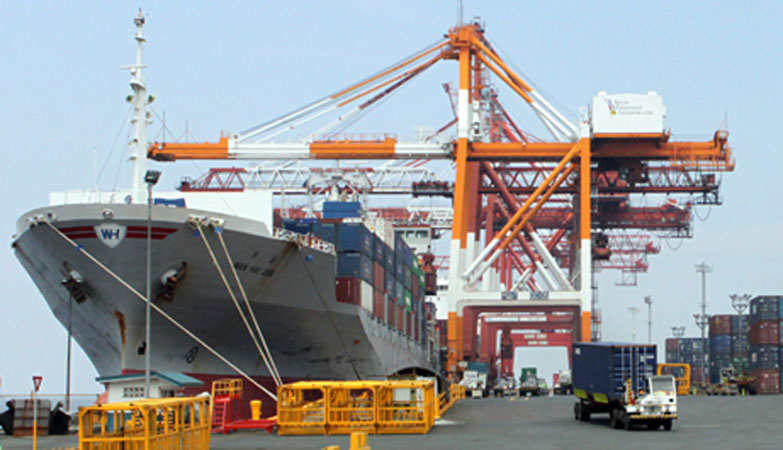
Upgrade to High-Speed Internet for only ₱1499/month!
Enjoy up to 100 Mbps fiber broadband, perfect for browsing, streaming, and gaming.
Visit Suniway.ph to learn
The Department of Agriculture (DA) is ramping up its initiatives to prevent a potential egg shortage and the subsequent price surge in the Philippines.
Agriculture Secretary Francisco Tiu Laurel warned that the country is facing a potential shortage by April after many egg-laying hens were culled in 2024, impacting this year’s supply.
Local producers opted to cull their layers last year following oversupply and weak demand that led to lower egg prices.
While the Philippines has not experienced a widespread bird flu outbreak, Laurel said the DA is also taking preemptive measures to avert such a threat.
He noted that a potential outbreak in the country could result in the culling of millions of egg-laying chickens.
In the United States (US), where the bird flu is currently impacting its poultry industry, more than 20 million egg-laying chickens were culled in the last quarter of 2024 alone.
Based on initial estimates by the US Department of Agriculture, the industry has incurred approximately $1.4 billion in losses due to the outbreak.
To mitigate repercussions for consumers, the DA announced that it is expediting the importation of egg-laying chickens to curb a possible shortage.
“We still have time, so there is a chance we could avert this,” said Laurel.
With this, he is urging financial institutions such as LandBank and the Development Bank of the Philippines (DBP) to provide funding support for the industry’s repopulation efforts.
Laurel is also pushing the Food and Drug Administration (FDA) for its immediate approval of avian influenza vaccines to reduce the risks of bird flu.
This is in addition to the P300 million sought by the National Livestock Program (NLP) for vaccine testing, which the DA is actively working on to secure funding.
The agency anticipates that a mass inoculation, once it is funded, can begin as early as March.
The Agriculture Secretary said taking these initiatives early on ensures stable egg production and food security in the coming months.

 4 months ago
17
4 months ago
17



